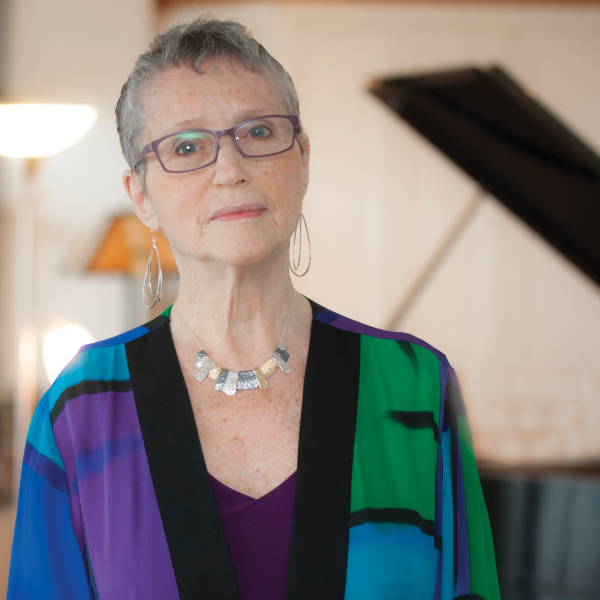
Grossman Ensemble premieres Shulamit Ran's "Grand Rounds"
Performance notes:
Shulamit Ran's piece Grand Rounds premiered with the Grossman Ensemble on December 7, 2018.
At the beginning there is the blank page, the start of a compositional journey into the unknown. My first step as composer is to ask myself what are some of the “givens” to be confronted, usually pre-determined by the artist or group for whom the work is intended, and what are some parameters — you can call them “limits”, or “rules of the game” — I will be setting for myself as the work’s governing principles. In the case of Grand Rounds the “givens” were, first and most significantly, a fixed sized miniorchestra of 13 instrumentalists, as well as an approximate length of some 15 minutes (I think of it as the size of canvas I am to use). Next, as I began composing, what gradually evolved (my “rules of the game”) was an idea of a series of recurring musical organisms of diverse character and function that would be subjected to continuing variation as they appear at various junctures of the piece, gradually building into an organic whole. Most prominent among these are: the opening — a simple, two-note motif that gently bounces between the piano and vibraphone as it expands gradually — this idea returns in a modified form to round off the work’s loosely structured archform; a lyrical solo oboe line that reappears, modified, at several points of demarcation of the piece; and finally a colorful, extravagantly shaped 7-note descending figure that loops upon itself as it climbs back up, played by the piano in a series of flamboyant flourishes and surrounded by a battery of percussion instruments, with mallet instruments (such as vibraphone, xylophone, and crotales) dominant. This idea, permeating a significant portion of the work’s important center section, repeats in a variety of forms numerous times at the most local level, returning in larger blocks as well. Moreover, it is this idea that creates further “orbits” that form their own “rounds” that peak independently, yet eventually cohere into a totality before bringing the work full circle and trailing off into the distance. This note would not be complete without thanking Augusta Read Thomas for inviting me to write “the very first piece on the very first concert” (in her words) of the Grossman Ensemble. That fact, to my mind, became “a given” as well, inspiring me to compose a work that would aim to be celebratory in nature.
